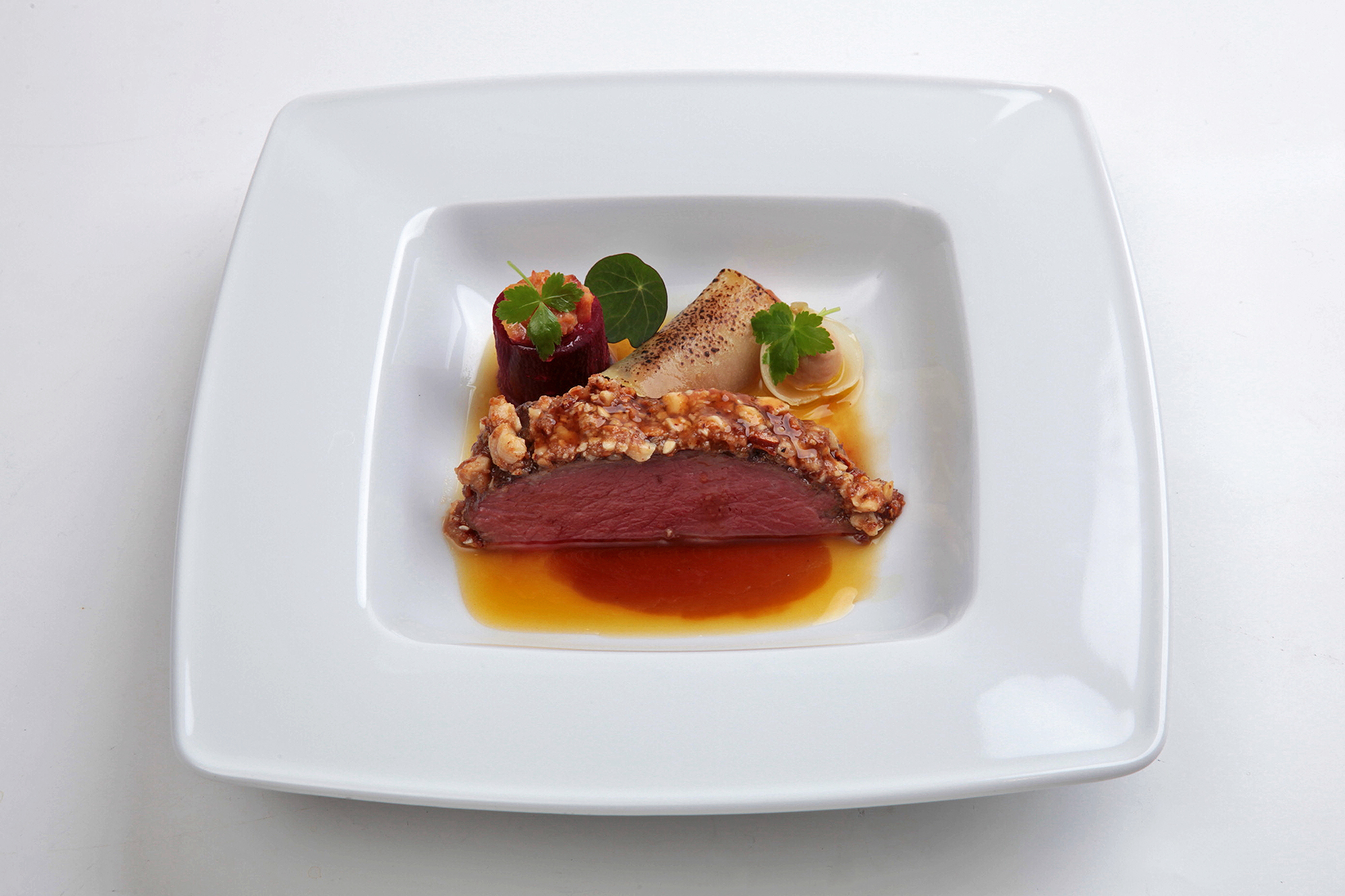In March, the continent’s best chefs – representing 20 countries – will meet in Budapest to find out who will make it to the finals of the world’s most important gastronomy championship. After the Hungarian qualifying rounds, we now know which Magyar foodsmiths made it to the local finals, and the organizers announced the two ingredients that will star in the springtime competition.
It took a long time for Hungarian chefs to develop into world-class culinary professionals, but now they’ve finally succeeded.
Thanks to the huge changes going on in the world of gastronomy and the collaboration between the participants, the world’s most important chef championship is being organized in Budapest – the first time it takes place somewhere in this region.

After the qualifying rounds earlier this month, six Hungarian chefs made it to the local finals, taking place at the end of January: those who earned first five places, and Tamás Széll, a previous Bocuse d’Or competitor from the kitchen of the Michelin-starred Onyx eatery, who earned the chance to vie for the top prize again. So, the six chefs that made it to the local finals are Ádám Pohner (Olimpia Restaurant, Budapest), László Szabó (Sodexo), István Volenter (67 Restaurant & Bistro, Székesfehérvár), Sándor Rodrigo (Costes Downtown, Budapest); Árpád Győrffy (Kollázs, Budapest) and Tamás Széll (Onyx, Budapest).

In the European finals, 20 countries will be participating: Austria, Germany, Croatia, Belgium, Bulgaria, Spain, Denmark, Estonia, France, Finland, Hungary, Iceland, Italy, Norway, the Netherlands, the United Kingdom, Russia, Sweden, Switzerland, and Turkey. Only 11 countries can make it to the final competition in Lyon, where the world’s best chefs will fight for global first-place status.

The two ingredients that must be used when creating the dishes at the European finals are a Hungarian wild animal and a fish, shedding some light on the top-quality local foods that will be transformed into incredible edibles, hopefully highlighting the rich potential of Magyar specialties around the world. The wild animal will be the fawn, and the fish will be sterlet sturgeon and its caviar; both local delicacies were agreed upon by the jury in Lyon after a careful testing. The two Hungarian ingredients are an outstanding success. During the finals and other related events, Hungarian wines will be in the spotlight, too.




